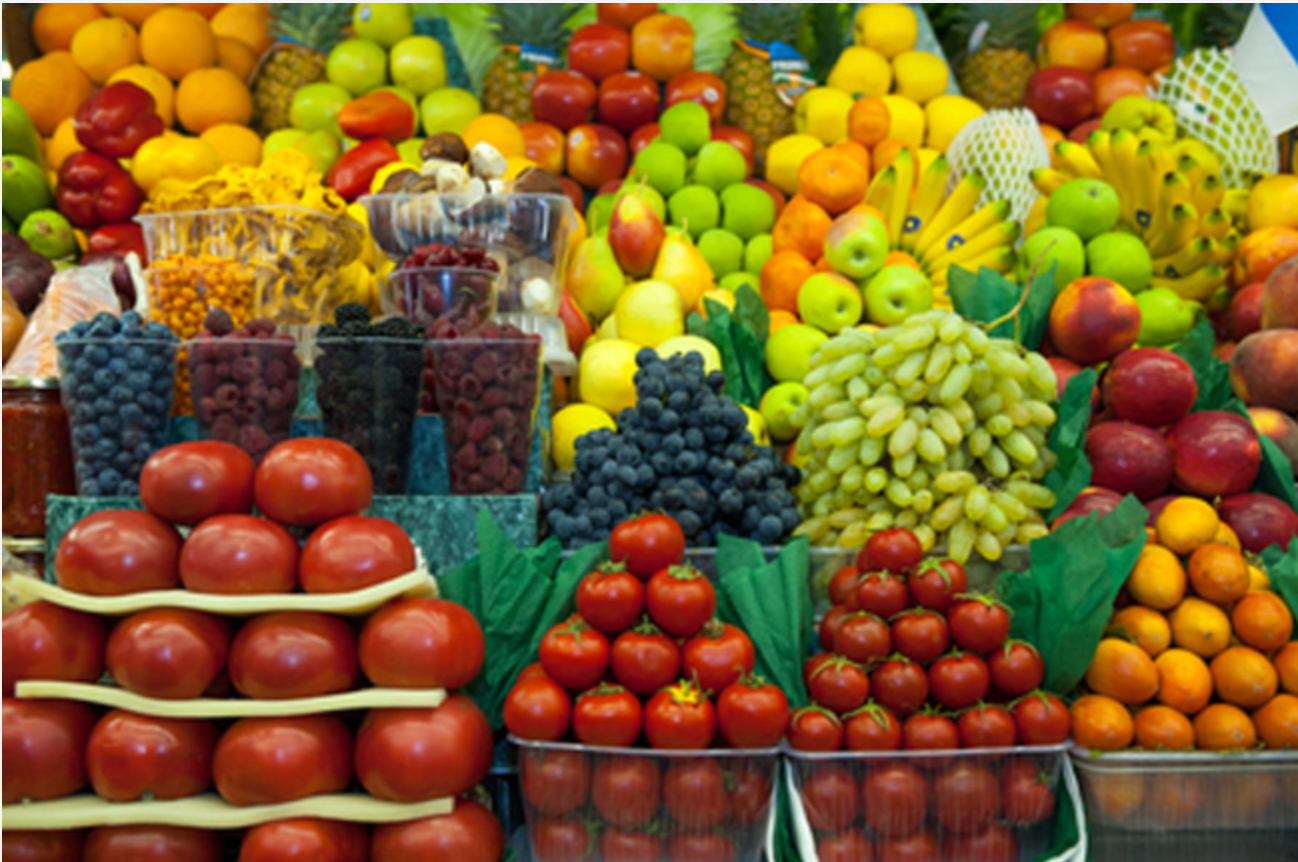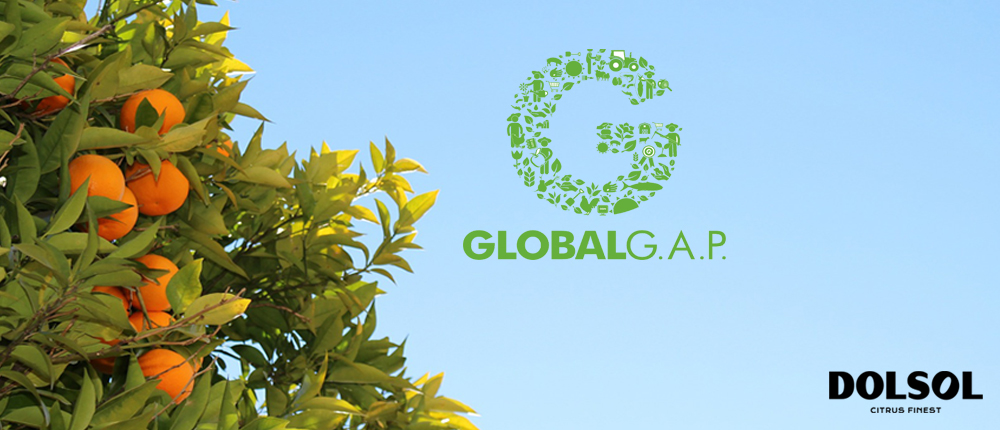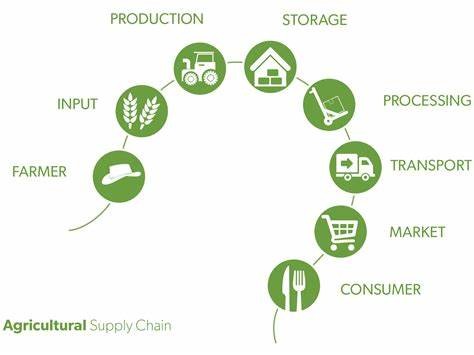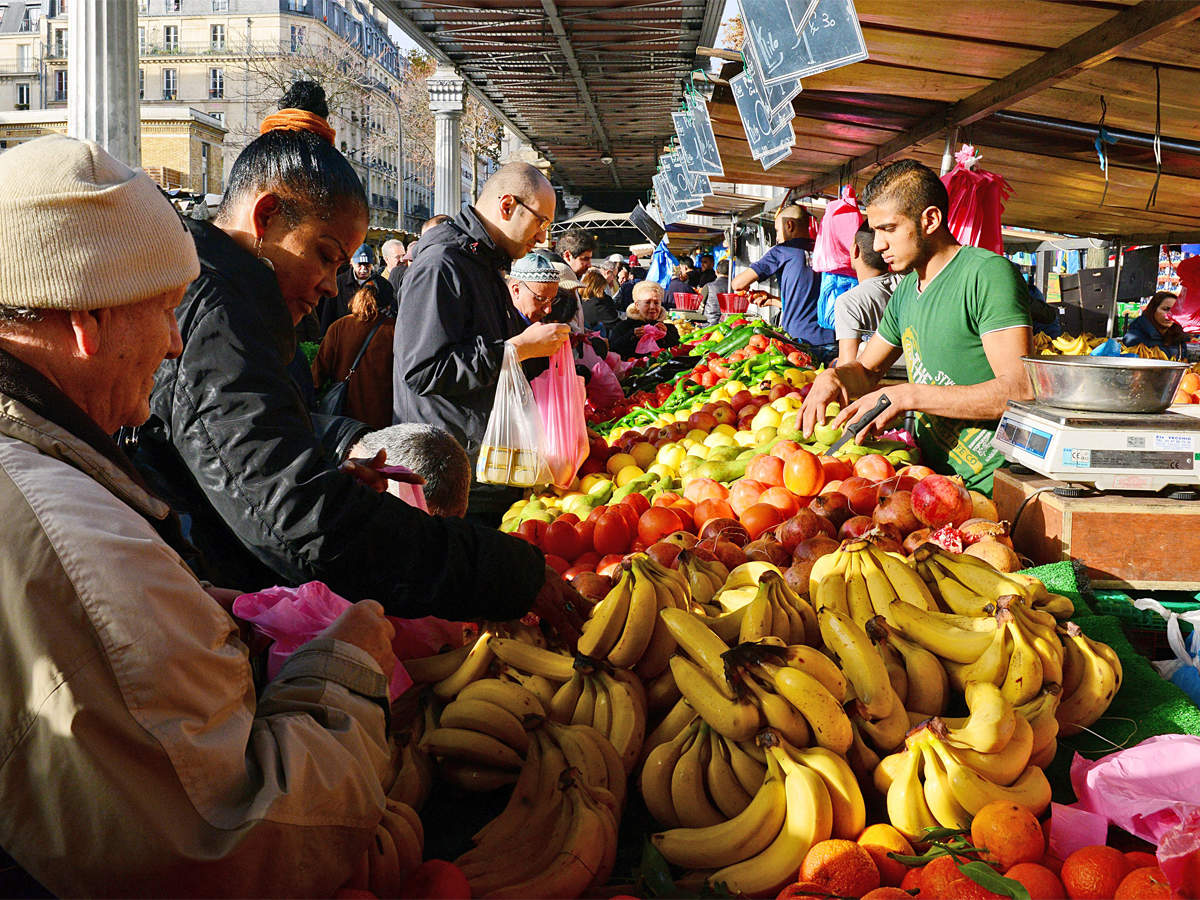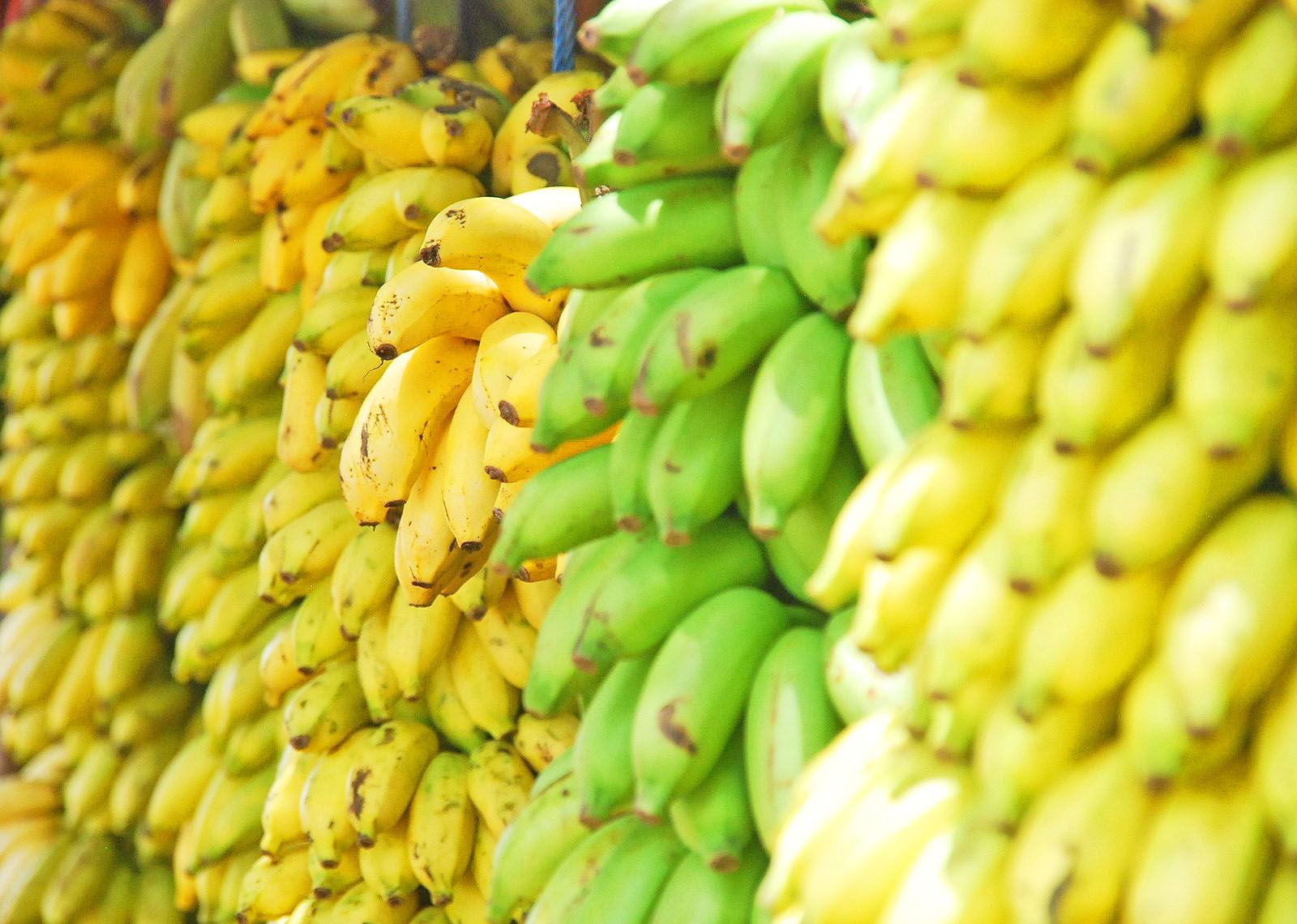Anyone who markets fresh fruit or vegetables, salad crops, nuts or cultivated mushrooms must meet the rules on quality and labelling.
There are 2 sets of marketing standards:
- Specific Marketing Standard (SMS), which applies to 10 types of fresh produce
- General Marketing Standard (GMS), which applies to most other fresh fruit, vegetables, nuts and herbs
The rules are detailed, and retailers should make sure you understand and follow the advice in the EU Marketing Standards for Fresh Horticultural Produce - or - so that you meet the legal requirements.
The EU marketing standards are explained for all businesses in a short summary in the leaflet or .
The Horticultural Marketing Inspectorate (HMI) carries out unannounced inspections to make sure that businesses are meeting the rules. Where necessary, HMI will work with businesses, giving advice and guidance to help them make any relevant improvements. If the improvements are not made, HMI can take legal action to prosecute.
There are also separate marketing standards for green or unripened bananas which apply at import and ripening points. You can read about these in the Import and export plants and fresh produce guide.
Who the standards apply to
The specific and general marketing standards apply to all businesses that market these types of produce, including:
- importers
- packers (who may also be growers)
- distributors
- wholesalers
- retailers (who may not necessarily trade from shop premises).
The marketing standards for green bananas apply to importers and at ripening points.
Specific Marketing Standard
SMS applies to these 10 types of fresh produce:
The Specific Marketing Standard notes explain some of the requirements more clearly and give information about defects that are not in the standard:
To be fit for sale, these types of produce must be:
- intact
- sound (for example, not rotten, severely bruised or severely damaged)
- clean
- fresh in appearance
- practically free from pests
- practically free from damage caused by pests affecting the flesh
- free of abnormal external moisture
- free of foreign smell or taste
- sufficiently developed/ripe, but not overdeveloped/overripe
The produce must also be graded into one of these quality classes:
- Extra - superior quality
- Class I - good quality
- Class II - reasonably good quality
The produce must be labelled with:
- country of origin (in full)
- quality class
- variety (if required)
- size
- the name and address of the packer and/or dispatcher (or their official code mark which can be supplied by HMI, or a global gap number (GGN)
- the type of produce if it is not visible from outside
When sold loose at retail, SMS produce must be labelled with its country of origin, quality class and any variety or type information required by the particular standard for the produce.
Pre-packed produce
Pre-packs of produce covered by SMS must also show either net weight or the number of items of produce (unless this number can be clearly seen).
You can find full information about labelling of pre-packs in the relevant EU marketing standard, and a summary in HMI’s EU Marketing Standards for Fresh Horticultural Produce - or .
Produce for home processing
Produce covered by SMS that does not meet the requirements of the particular standard can be sold at retail for home processing. If you sell any produce covered by SMS for home processing, you do not have to label it with a quality class, but it must be labelled as ‘produce for home processing’. The label can also carry further information, for example, ‘strawberries for home jam making’ or ‘apples for home pie making’.
Produce sold for home processing still has to meet the quality criteria for the General Marketing Standard (see list in next section).
General Marketing Standard
applies to most other fresh fruit, vegetables, nuts, herbs and cultivated mushrooms.
Along with the marketing standard there are to explain some of the requirements more clearly and give information about defects that are not in the standard.
The produce does not have to be graded into quality classes, but it must still be:
- intact
- sound (for example, not rotten, severely bruised or severely damaged)
- clean
- practically free from pests
- practically free from damage caused by pests affecting the flesh
- free of abnormal external moisture
- free of foreign smell or taste
- sufficiently developed/ripe, but not overdeveloped/overripe
When sold loose at retail, the produce must be labelled with its country of origin.
When sold pre-packed, it must be labelled with:
- country of origin (in full)
- the name and address of the packer and/or dispatcher (or their official code mark supplied by HMI, or a global gap number (GGN)
- either net weight or number of items
When the produce is sold boxed for wholesale, the box must be labelled with:
- country of origin (in full)
- the name and address of the packer and/or dispatcher (or their official code mark supplied by HMI, or a global gap number (GGN)
UNECE standards
Instead of the General Marketing Standard, the law allows you to use alternative standards adopted by the United Nations Economic Commission for Europe (UNECE).
Produce not covered by the marketing standards
These products have no specific quality or labelling requirements under the marketing standards:
- early and ware potatoes
- chilli peppers
- sweetcorn
- olives
- capers
- wild mushrooms
- manioc or cassava
- arrowroot
- salep
- Jerusalem artichokes
- sweet potatoes
- yams
- dasheen
- taro
- sago
- cocoyams
- yam beans and similar roots and tubers with high starch or inulin content
- coconuts
- brazil nuts
- cashew nuts
- bitter almonds
- pecans
- pistachios
- macadamia nuts, pine nuts, and all shelled nuts (that is, without their shells)
- ripened bananas
- dates
- saffron
- ginger
- bay
- turmeric
- nutmeg
- sugar cane
- peanuts
- edname beans
- all prepared and processed products, dried products, and products for industrial processing, wine making or animal feed
This is not a complete list. You should contact HMI Helpdesk on 0345 607 3224 if you are not sure your particular product is covered by a marketing standard.
Mixed types of produce
You can sell packs of mixed produce up to 5kg, as long as:
- all of the produce is of uniform (the same) quality
- each type of produce meets the marketing standard that applies to it
You can label packs containing produce from more than one country with one of the following:
- ‘Mix of EU fresh horticultural produce’
- ‘Mix of Non-EU fresh horticultural produce’
- ‘Mix of EU and Non-EU fresh horticultural produce’
Retail distance selling
Distance selling (also known as distance contracts) includes internet shopping, mail order and purchases by telephone, fax or email. If you sell fresh produce by any of these methods, you must still give the customer the same information about the product before they buy it, as they would get in a retail outlet.
Inspections
If you pack or market fresh fruit and vegetables in England and Wales, you may be inspected by the Horticultural Marketing Inspectorate (HMI).
HMI chooses which businesses to inspect based on risk and previous inspection history. If your business passes an inspection without problems, it’s less likely to be inspected in future.
Inspections will be unannounced and you must follow any advice the inspector gives.
What the inspector will be looking for
The inspector will check whether you’re meeting the requirements of EU marketing standards. Your fresh fruit and vegetables must:
- be fit for sale
- have the appropriate quality grading for produce covered by SMS
- be correctly labelled
What happens if produce does not pass inspection
If your produce does not pass inspection, the inspector will discuss what improvements you must make to meet the rules, or whether you need to dispose of it.
Your options may include:
- make improvements so that the produce meets the rules, for example, by relabelling it or reclassifying it at a lower quality grading
- removing the produce from the fresh market, which may involve disposing of it by an approved method
- sending the produce back to the supplier, for example, to the packer or importer
Before the inspector leaves, you’ll need to decide what you’re going to do with the produce and sign an undertaking stating what action you’ll take. This undertaking is legally binding – if you break it you could be prosecuted.
Before the inspector will allow you to put the produce back on sale, they may need to carry out a follow-up inspection.
HMI is also more likely to select you for an unannounced inspection in future if your fresh fruit and vegetables have not passed inspection in the past.
If your produce or labelling is repeatedly found to be defective, HMI may give you ‘amber’ status, meaning that they’ll carry out an increased number of inspections.
If problems persist and HMI gives you ‘red’ status, you may be prosecuted. Every visit HMI makes to your premises may include the collection of evidence which could in due course be used in any prosecution.
The process above is explained in .
 English
English 

